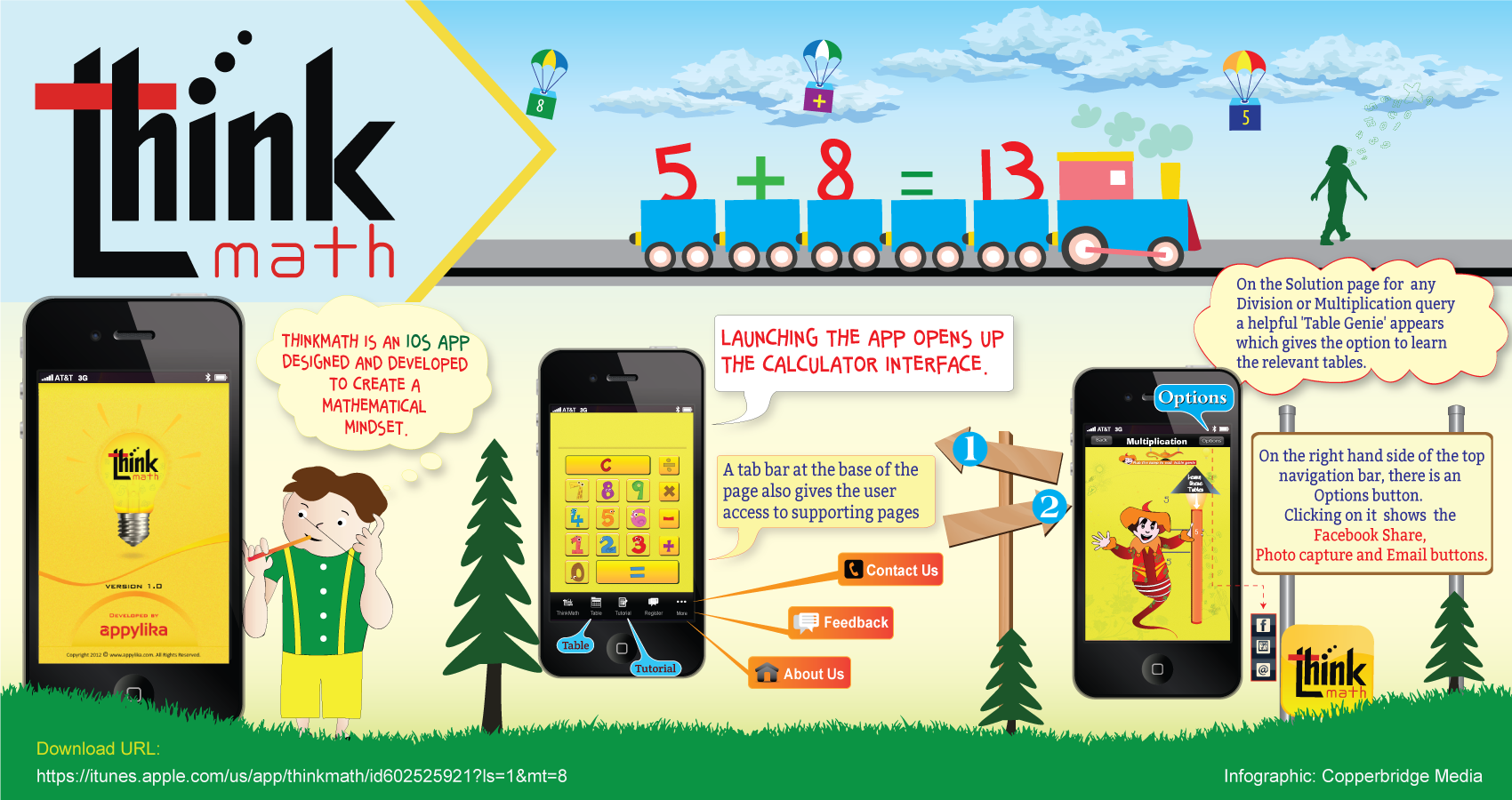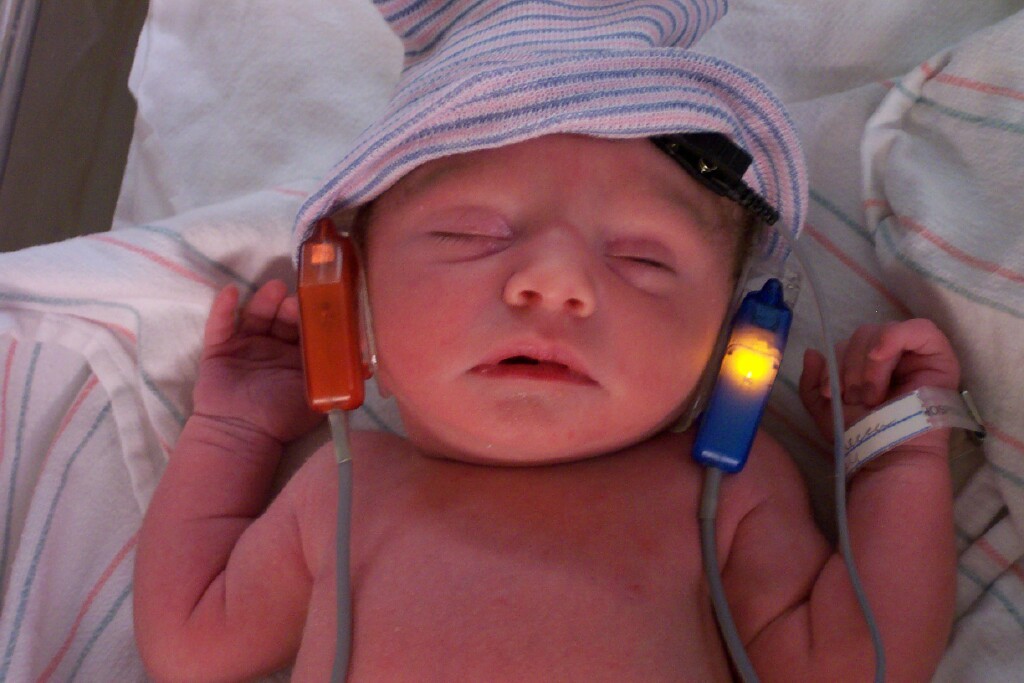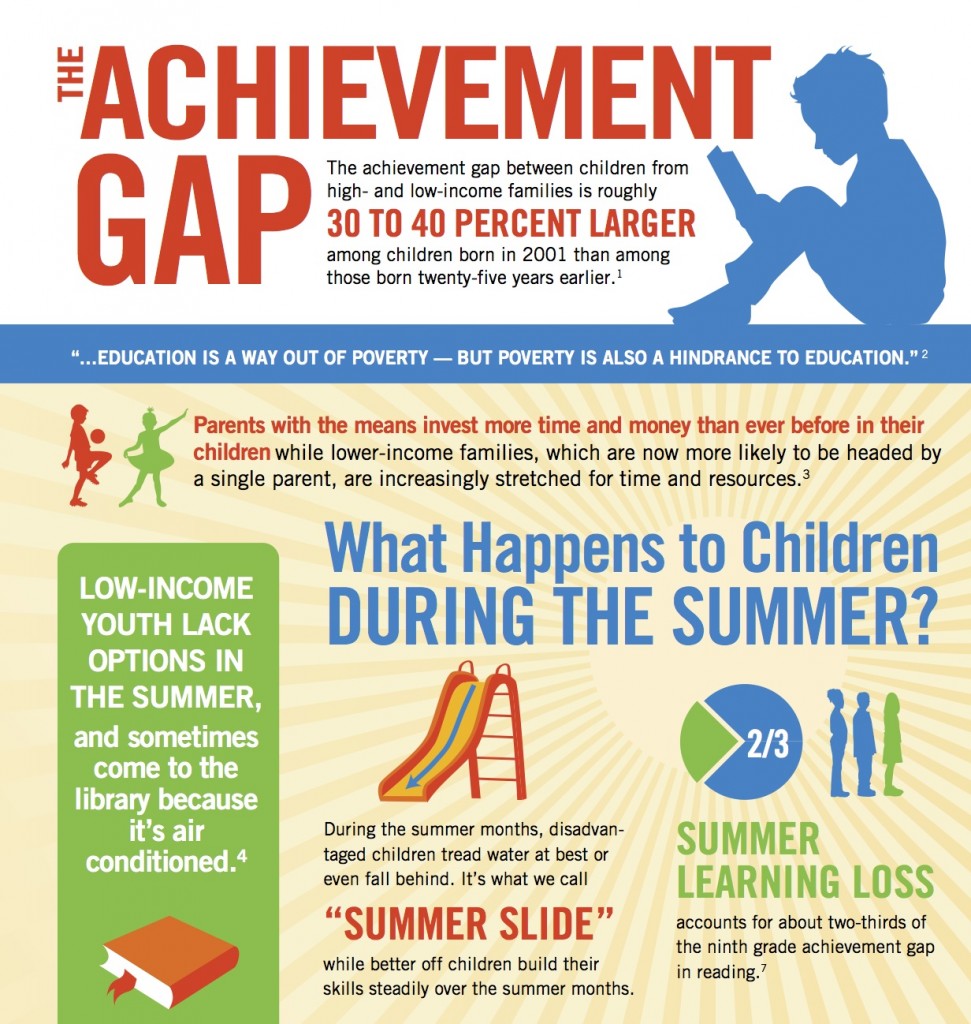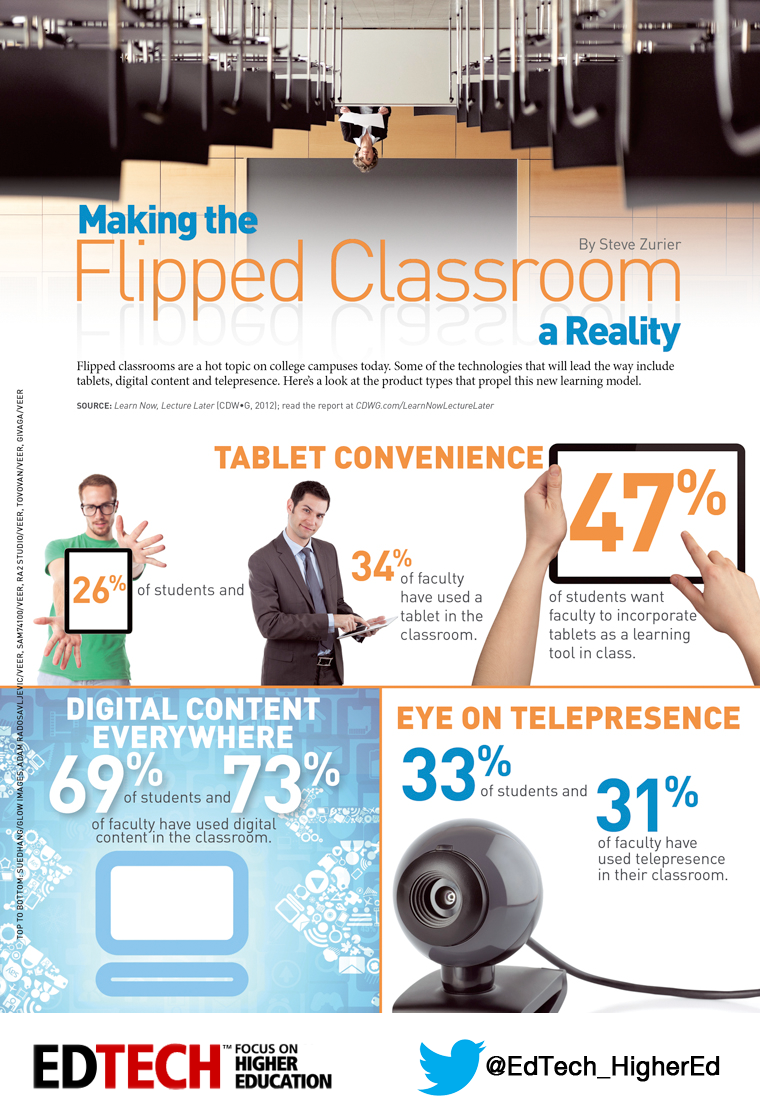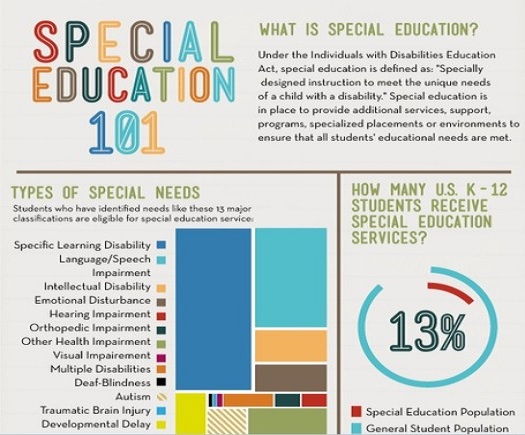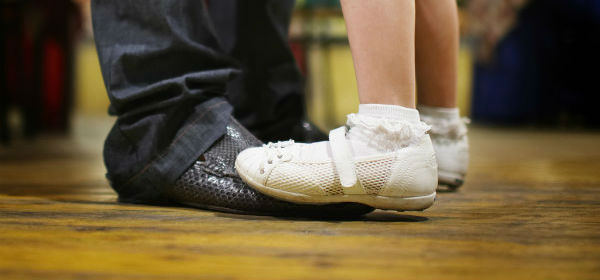Summer might not be over yet, but there is no reason to put off practicing those math facts to help avoid the summer slide. Your kids might not even realize that they are learning, too, when you use these fun math apps. Continue reading
5 Ways Sign Language Benefits the Hearing
Hearing Loss Language Development School
Image Courtesy of pob.k12.ny.us
Maybe you’ve heard that teaching sign language to babies is a great way to boost their communication skills before they are able to more easily communicate through speech. Now researchers and educators are learning that sign language isn’t only valuable during those first years of life when it comes to communication skills for the hearing population. Acquiring sign language skills has benefits for hearing children and adults as well, and some of those benefits might surprise you. Continue reading
What to Expect At Your Child’s Auditory Screening
Hearing Loss Language Development School Speech DisordersGone are the days when kids didn’t have hearing tests unless they were obviously struggling. Modern technology and knowledge about the auditory system have allowed healthcare professionals to develop many different ways to test children’s hearing – even just hours after birth. Many people also advocate for hearing auditory screenings as part of a wellness check before starting school. If your child is going to have an auditory screening, rest assured that the process won’t hurt, and it could have a tremendous impact on your child’s future. Even a small level of hearing loss can dramatically affect your child’s speech and language skills. There are different tests available for different ages of children, and different screening methods depending upon any symptoms or concerns you or your child’s teacher might have. Continue reading
Expand Your Child’s Reading List this Summer
Language Development SchoolSchool’s out for summer, but that doesn’t mean the books have to collect dust on the shelves. For kids with communication delays, this can actually be the best time of year to focus on reading more and developing the skills that are critical not only for literacy, but for oral communication. Reading proficiency is closely tied with the spoken language, so when you work on one aspect, you are able to reinforce the other. Don’t forget to add to your own reading list, too, because research shows that kids who live in households where the adults are reading are more likely to become literate as well. Continue reading
What You Should Know About Extended Year Speech Therapy
SchoolWhile it’s great to have some time away from school and enjoy the summer fun, many children have an extended school year over the summer. This might include special services as well. Is your child receiving summer speech and language therapy services? Should they be? There is essential information you should know about extended year services that might help you answer this key question.
Translating Tech Savvy Classrooms into Tech Savvy Speech Therapy
School
If you consider all the technological advances in education, it might be fair to say the classroom just ain’t what it used to be. Digital e-readers, iDevices, Smartboards and more are making their way to mainstream, like it or not. Just take a look at these headlines:
“Schools, Businesses Team Up to Put Technology in Classrooms”- NBC Dallas Fort Worth
“Technology changes face of classroom” – The Australian
“ New study shows schools are starting to spend big on iPads and other Tablets” – Tabtimes
These titles tell a tale of the new face of education, a tech-savvy classroom that speech pathologists must be aware of as well. While some schools or teachers might be late adopters, speech therapy techniques are advancing alongside the classroom and SLPs need to be prepared to keep up.
Calling Colorado Parents: Inclusive Education Conference Coming Your Way!
Individualized Education Program (IEP) Legal Issues News Other Resources School State ResourcesTeachers: Essential Questions About Childhood Speech Disorders
SchoolTeachers are rarely in it for the money. Many list a desire to see kids succeed as their number one reason for teaching, despite the low wages. But some kids, such as those with childhood speech disorders, need a little extra help. Sometimes, the key to success in the classroom lies in making drastic changes, such as changing the entire physical landscape, as one school in Stockholm, Sweden did. When dealing with childhood speech disorders in the classroom, the best approach is collaboration. Because Open House nights rarely afford the opportunity for in-depth discussions with parents, teachers should instead schedule one-on-one meetings to discuss the child’s speech disorder. It’s also a good idea for teachers to meet with the child’s speech-language pathologist (SLP) to discuss how to best meet that child’s needs.
Making Special Education Plans with Your Child
SchoolWhen it’s apparent that your child requires some extra help, you and your partner are the ones responsible for setting up the special education plans in collaboration with the school district. When your child’s Individualized Education Program (IEP) is not being properly implemented, it’s your job to file a complaint. It’s also your job to make sure your child has the speech therapy sessions and tools he needs, like Speech Buddies for articulation work. But is it ever your child’s job to get involved in their own special education plans?
Parents often instinctively shield their youngsters from the more unsavory issues in life, like bureaucratic red tape. And indeed, a young child should not dive headfirst into a pile of IEP paperwork. But having your youngster become at least partially involved in his own special education plans can introduce a human element into the process and remind the IEP team of why they are meeting in the first place. After all, it’s his education that the team is discussing. But there is no one-size-fits-all solution, and parents should always consider their children’s unique situation.
Teaching Children Phonics
SchoolKids with speech disorders or delays often struggle to learn to read and write. For them, learning to read can be as confounding as reading a white paper on the performance of a Fusion-io ioDrive Duo 1.28TB card under a tpcc-mysql workload would be to us. (Unless, of course, you’re a computer genius.) Ideally, speech therapy focuses on the acquisition of all facets of language, from understanding the spoken word and reading fluently (receptive language skills) to articulating words clearly (expressive language skills). Phonics is one way to help a child accelerate the acquisition of reading and writing skills.

